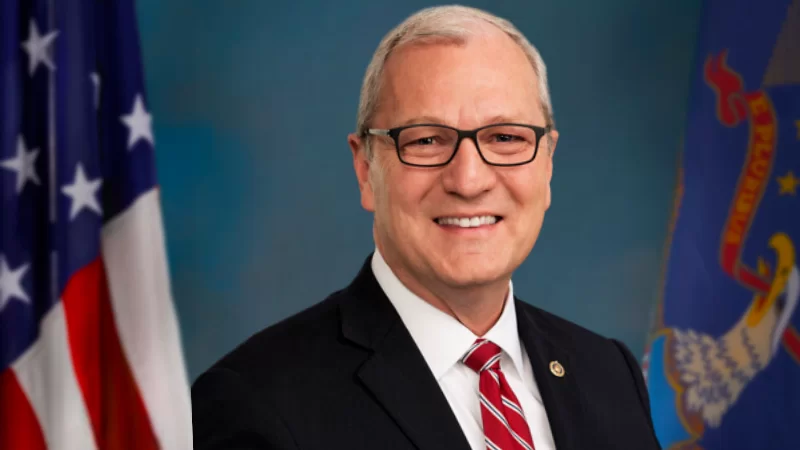Senator Kevin Cramer, US Senator for North Dakota | Senator Kevin Cramer Official website
Senator Kevin Cramer, US Senator for North Dakota | Senator Kevin Cramer Official website
The Supreme Court of the United States is set to examine a critical case that challenges the Biden administration's interpretation of Section 1512(c)(2) of the Corporate Fraud Accountability Act of 2002. This statute, which was originally established in response to the Enron scandal, addresses financial crimes and evidence tampering. However, the current administration has used this interpretation to bring cases against more than 300 individuals involved in the January 6th riot at the United States Capitol, accusing them of obstructing an official government proceeding.
U.S. Senator Kevin Cramer (R-ND) and U.S. Senator Tom Cotton (R-AR) have filed an amicus brief in the case of JosephFischer v. United States. They argue that the administration's application of Section 1512(c)(2) infringes on First Amendment rights and establishes a dangerous precedent of politicizing prosecutions. According to the senators, the majority's opinion criminalizes political conduct and grants the Department of Justice the discretion to prosecute individuals based on their political beliefs.
The amicus brief also emphasizes the need for the Supreme Court to establish standard principles of interpretation that would narrow the scope of Section 1512(c)(2) and eliminate highly-politicized and high-stakes criminal prosecutions of perceived political opponents. The brief states, "The decision by the D.C. Circuit below...expanded Section 1512(c) beyond its permissible meaning. If allowed to stand, the lower court's decision will only reward and incentivize politically motivated uses of ill-fitting criminal statutes with harsh penalties."
Furthermore, the brief highlights the government's extensive use of Section 1512(c)(2) in prosecuting individuals involved in the January 6th events. It states, "The government has not hesitated to use Section 1512(c)(2). More than 332 January 6 defendants have been charged by the government with violations of Section 1512(c)(2). The government has gone after hundreds of perceived violations of Section 1512(c)(2)—ranging from January 6 defendants, up to former President Trump himself—except when it involves someone whose political views align with the current administration's. Selective prosecutions are entirely predictable when courts interpret a harsh criminal statute far too broadly, especially when that expanded scope covers the political process."
The amicus brief filed by Senators Cramer and Cotton raises important concerns about the interpretation and application of Section 1512(c)(2) in the January 6th prosecutions. It questions the potential infringement on First Amendment rights and the politicization of prosecutions based on political beliefs. The brief also emphasizes the need for the Supreme Court to establish clear principles of interpretation to prevent the broad and selective use of criminal statutes. As the Supreme Court prepares to weigh in on this critical case, the outcome will have significant implications for the interpretation of Section 1512(c)(2) and the future of prosecutions related to political events.





 Alerts Sign-up
Alerts Sign-up